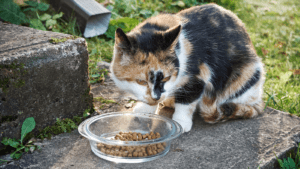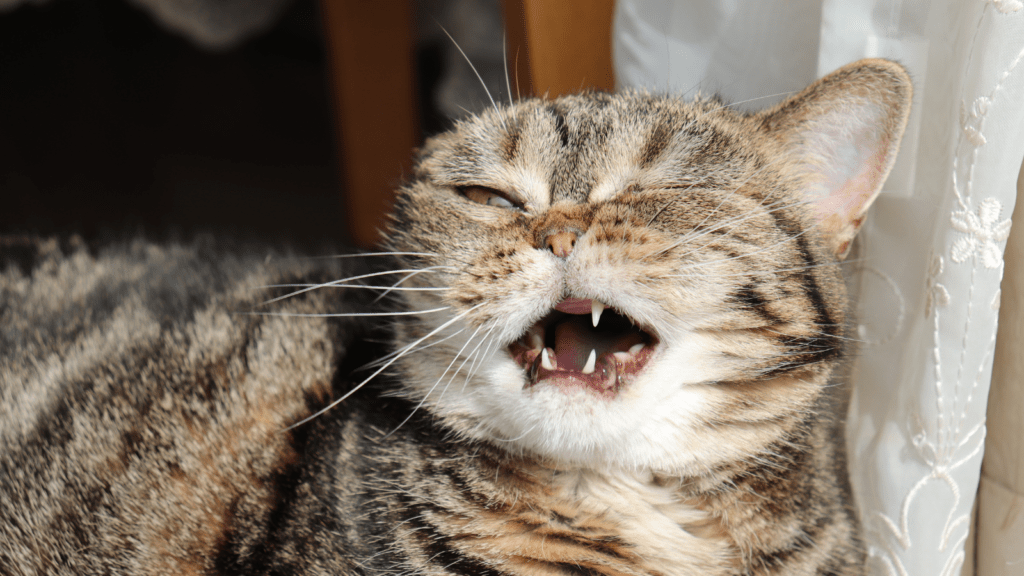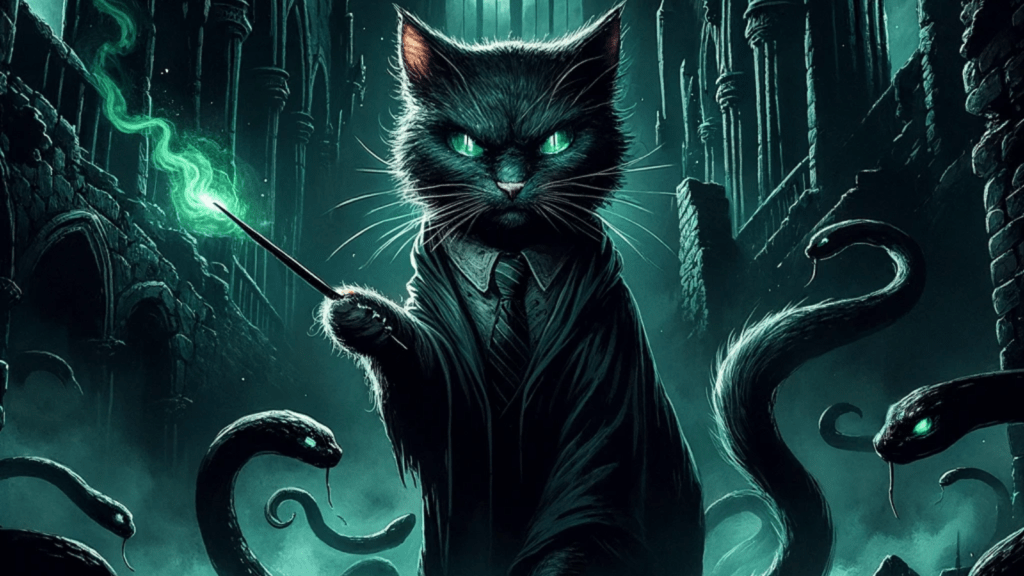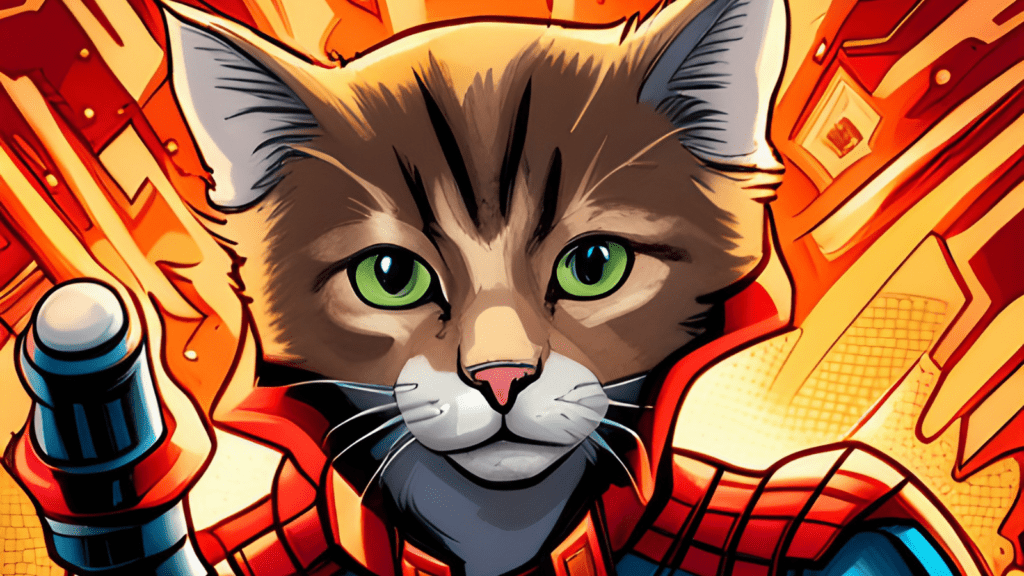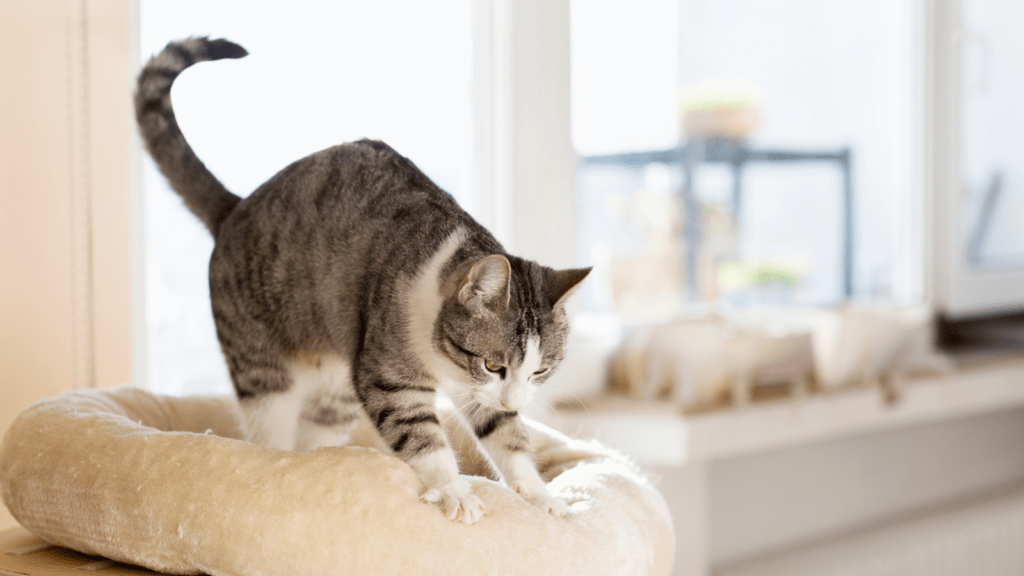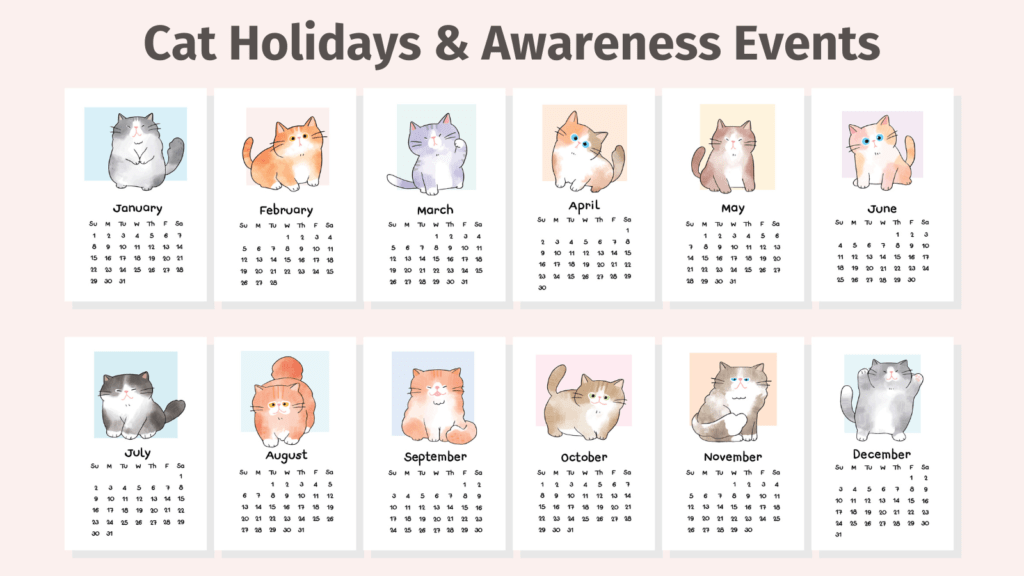Why Is My Cat Sneezing?
Why Is My Cat Sneezing? Ah-chu! Bless-mew! Sneezing fits are no fun. Sure, sneezing is a very natural function, but excessive sneezing could be a sign of something more. There are several reasons why your cat might be sneezing, from the regular nose tickle or allergies to foreign objects or more serious health concerns. Here are the reasons your cat is sneezing and when to know if you should contact a veterinarian. 9 Reasons Your Cat Is Sneezing 1. Normal Regular Sneezing If your cat is sneezing a lot, but there are no other symptoms, and the sneeze attack doesn’t last very long, then it’s likely a common symptom of a nose tickle caused by fuzz or dust. 2. Upper Respiratory Infection (URIs) Feline Herpes Virus (FHV) is a common upper respiratory infection (URI) that impacts the nasal cavity and can cause sneezing. Studies show that 97% of cats have been exposed to Feline Herpesvirus. Feline Immunodeficiency Virus (FIV) positive cats also make them more prone to upper respiratory infections or sinus infections. 3. Strong Smell Or External Irritants Have you cleaned your cat litter recently? How about that pee spot from the other day? A cat’s sense of smell is better than a human’s and an integral part of their lifestyle. Look for irritants like mold, dust, smoke, or harsh chemicals, which can cause sneezing in cats. 4. Allergies Allergies are a common cause of sneezing cats, runny nose, and other respiratory symptoms. Cats sneeze from allergies just like humans do, and the occasional sneeze during an allergy attack is normal. 5. Bacterial Infections or Fungal Infections A sneezing cat may have a fungal infection or a bacterial infection, which oftentimes impacts their respiratory system. Yellow or green discharge could be a sign of bacterial infections. Other viral or bacterial infections, like Bordetella, can cause persistent sneezing. 6. Dental Disease Feline Calicivirus can cause upper respiratory infections or oral dental disease in cats. If your cat’s symptoms are frequent sneezing and yellow or green nasal discharge, it could be a symptom of dental disease. 7. Foreign Object If there are no other symptoms but you notice repeated sneezing, check your cat’s nasal passages. An obstructed nasal passage could explain many causes of sneezing. Cat’s noses are close to the floor, and if your cat inhales dust, hair, or mold. 8. Vaccines Reactions from vaccinations may cause mild symptoms and cat sneezing. Vaccinations are important, so pet owners should consider the benefits of vaccinations and their cat’s health. However, if there are abnormal reactions after your cat is vaccinated and sneezing persists, contact your vet. 9. Other Health Issues Chronic Rhinitis, known as Hay Fever, causes inflammation in the cat’s nose lining and can exhibit symptoms of upper respiratory infections. If your cat sneezing has other symptoms, there could be other underlying conditions, like nasal tumors or cancer. Many health problems impact a cat’s immune system and make them prone to cold-like symptoms. Sneezing Treatment And Prevention In most cases, cat sneezing is just a cold, allergies, or dust. You can prevent cat sneezing and an upper respiratory infection through regular preventative care methods. Here are four ways how to stop a sneezing fit in cats. If the cat’s sneezing continues, your vet may prescribe antihistamines and decongestants, eye and nose drops, or nasal lavage. If your cat suffers from severe symptoms, they may also prescribe something to reduce severe inflammation or other serious complications. When to see a Vet If you are noticing chronic sneezing and the symptoms persist beyond a few days, you should consider contacting your veterinarian. Other signs you should contact your vet would be worsening symptoms, excessive nasal discharge, loss of appetite, weight loss, or trouble breathing. It’s also a good idea to take your cat to a vet if you’re adopting from animal shelters. Shelter cats are often exposed to respiratory viruses, plus many cats exhibit respiratory symptoms simply from a major change in environment. However, many of the sneezing cat’s symptoms will go away on their own within two weeks. Using supplements like L-lysine can also help boost your cat’s immune system to prevent common symptoms. It is usually better to error on the side of caution and prevention. Pet parents should consider taking their cats in for a vet visit if symptoms worsen or persist. Cat Sneezes Conclusion There are many reasons why your feline friend may have a sneezing fit, but most causes of cats sneezing are only mild symptoms from natural causes such as dust or allergies. However, if your cat sneezes chronically, it would be a good idea to contact a veterinarian to rule out more serious health concerns, such as feline calicivirus, feline herpesvirus, or other frequent viral infections.
Why Is My Cat Sneezing? Read More »

